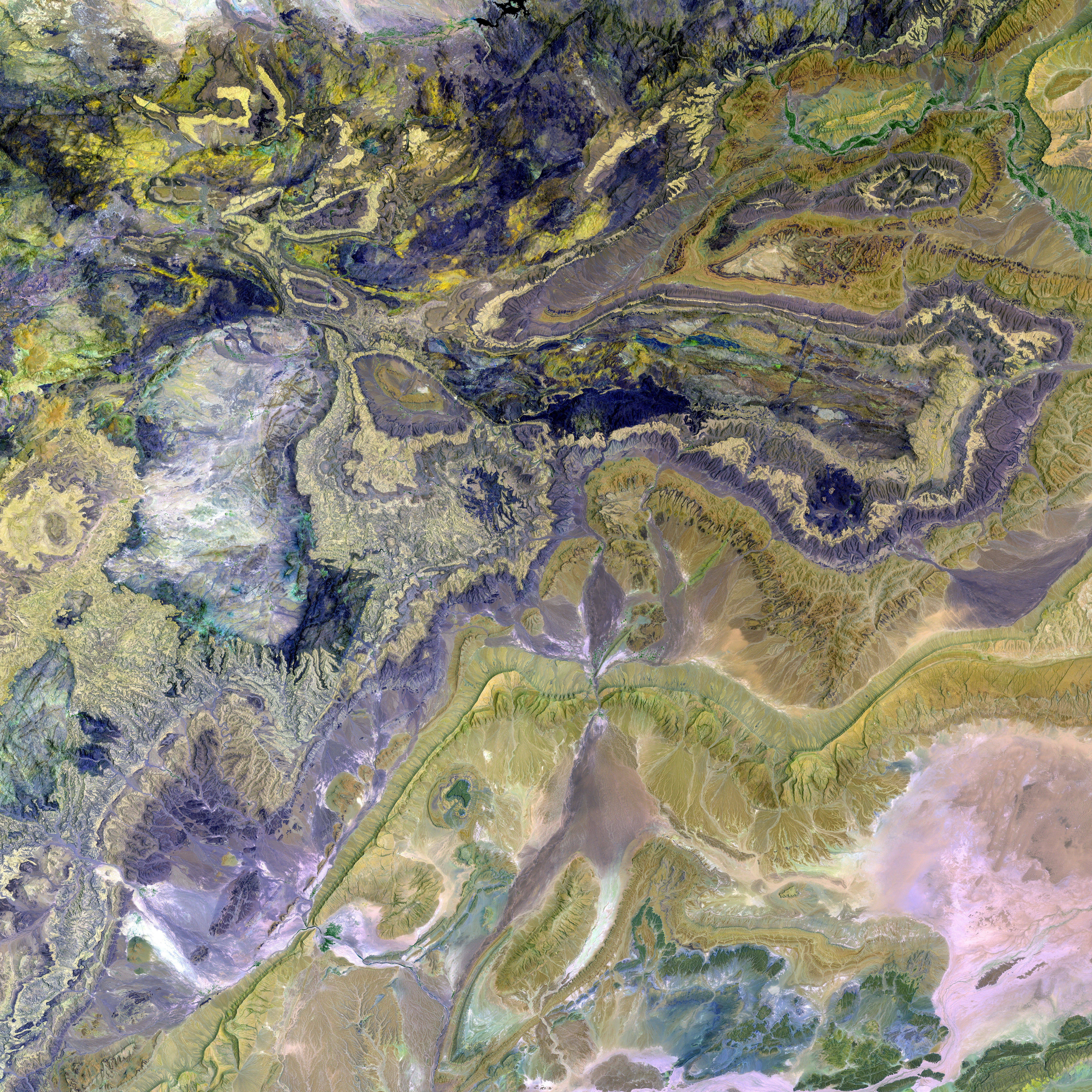Scientist Jocelyn Bell makes an appearance on La Palma's Science Walk of Fame.
Acclaimed Astrophysicist Jocelyn Bell Burnell to Receive Star on La Palma's Science Walk of Fame
On October 24, 2024, esteemed astrophysicist Jocelyn Bell Burnell will visit La Palma, Spain, to receive a star on the Science Walk of Fame in Santa Cruz de La Palma. This prestigious award recognizes scientists whose discoveries have left a global impact, and in Bell's case, her work has revolutionized our understanding of the universe.
In addition to the star ceremony, Bell will deliver a public talk open to all astronomy and science enthusiasts, where she will share insights about her career and groundbreaking discoveries.
Born in 1943 in Lurgan, Northern Ireland, Bell developed an early fascination with space. She pursued a career in physics, earning a doctorate at the University of Cambridge where she discovered pulsars in 1967. Unbeknownst at the time, these signals were regular emissions from rotating neutron stars and marked one of the most significant discoveries in modern astronomy.
While puzzling over data gathered by a radio telescope she helped build, Bell detected signals that repeated every 1.33 seconds. Initially thought to be of extraterrestrial origin, the signals were eventually identified as pulsars. Although Bell's supervisor Antony Hewish received the 1974 Nobel Prize in Physics, the discrepancy sparked a robust debate on the role of women in science.
Pulsars are extremely dense neutron stars that spin rapidly and emit electromagnetic radiation from their magnetic poles. Apart from providing a glimpse into the death of massive stars, they have allowed for precise tests of Einstein's General Theory of Relativity and contributed to the indirect detection of gravitational waves. The study of pulsars like the ones Bell discovered continues to be an active area of research in the scientific community.
Bell's contributions to science, as well as her advocacy for gender equality, have served as an inspiration for future generations of scientists. Her upcoming talk in La Palma offers an opportunity to learn from her wisdom and experience.
The selection of La Palma for this honor is fitting. Renowned for its dark sky and designation as a Starlight Reserve, the island is home to the Roque de los Muchachos Observatory. This observatory houses the Gran Telescopio Canarias (GTC), currently the largest optical telescope in the world. The event will also offer opportunities for astrotourism activities, further emphasizing La Palma's association with the cosmos.
For further information and reservations for astrotourism activities, visit the official Astrofest La Palma 2024 website. Join us in celebrating Jocelyn Bell Burnell's groundbreaking achievements and her life-long dedication to exploration and equality.
During her public talk in La Palma, Jocelyn Bell Burnell, the astrophysicist known for her discovery of pulsars, will share insights from her career that bridged the gap between otherworldly space-and-astronomy and terrestrial technology. This event, held in a location renowned for its association with the cosmos, such as the Roque de los Muchachos Observatory and the world's largest optical telescope (GTC), will also provide opportunities for attendees to delve deeper into the wonders of space through astrotourism activities.




